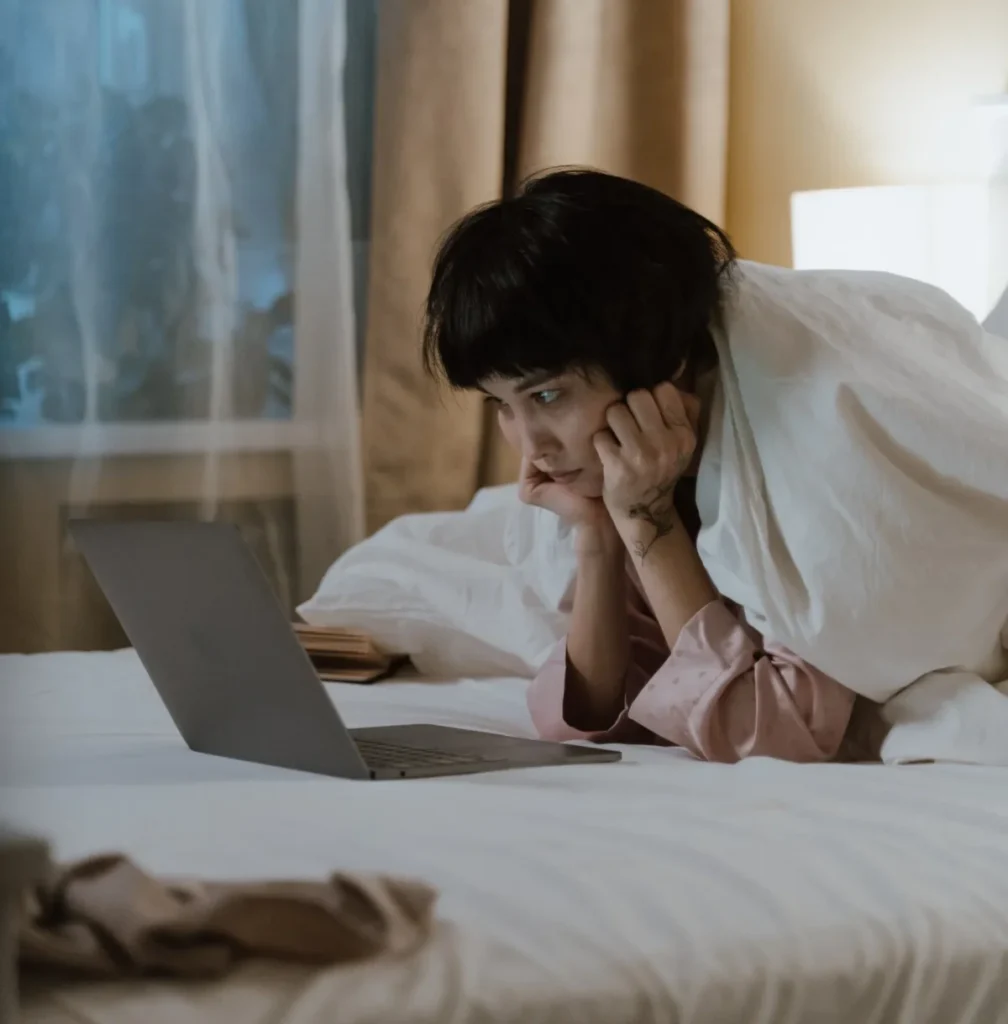Loneliness & Isolation
Since the start of the Coronavirus pandemic, we have all had to get used to living very different lifestyles. For many people, this meant they spent long periods alone and experienced feelings of loneliness and isolation. It is important to clarify that loneliness and isolation are different. Many people choose to be alone and are happy without needing a lot of interaction with other people. It is also possible to feel lonely when you live with or interact with other people at work daily.
Loneliness makes people feel they are not able to connect with other people. Most of the time when we think about loneliness we associate this feeling with older people who live alone. However, feelings of loneliness affect people of all ages and can have a negative impact on both mental and physical health.
Loneliness in younger people
The Loneliness Experiment, led by Developmental Psychologist Professor Pamela Qualter, was the largest survey of its kind and revealed 16- to 24-year-olds experience loneliness more often and more intensely than other age groups. All in the Mind shines a light on loneliness The Psychologist Raising awareness of any issues that cause people to struggle with their mental health is really important and we urge you to share this post on your social media sites.
Five Steps for Talking to children and teenagers about loneliness and mental health issues
It can be very difficult to know if a younger person is struggling with their mental health and feelings of loneliness. This is why it is essential to take time to speak with your children or teenagers about how they are feeling.
- Agree on a set day each week, when you will spend time together for at least 30 minutes without interruptions. This can be difficult with teenagers who are glued to their mobiles and it is helpful to agree that both of your mobile phones will be switched off during your conversation.
- Talk during an activity like cooking or taking a walk. Not having the focus on ‘talking’ may make it easier for your child or teenager to talk about how they are feeling and if anything or anyone is causing them problems.
- Start casual conversations whenever there is an opportunity, the more you talk with your children the more likely they are to open up to you. This could be when your child or teenager gets in from school or even during the adverts when watching TV.
- Don’t try to offer solutions, just listen and tell your child that you are always there for them whenever they want to talk about anything. Build trust by sharing your feelings, you may simply explain that you also sometimes feel sad or scared.
- Play ‘Quid pro quo’, write down questions on pieces of paper, fold them in half and then put them in a jar or deep bowl. You then take turns to answer the questions until the bowl is empty.
Social media and loneliness
Social media platforms may help many people to feel less lonely and isolated. Being able to speak with people in a communal online space, can help people to make new friends and find people they can relate to. Yet when people compare their lives, to what they perceive are the lives of other people on social media, this may cause feelings of not being popular which can lead to feelings of loneliness and isolation.
Older people and loneliness
Most people probably think of older people living alone when they think about loneliness. While it is a fact that anyone of any age can experience loneliness, older people are more likely to experience feelings of loneliness. Research has shown loneliness can lead to an increased likelihood of high blood pressure, heart disease, depression, dementia and premature death. Age UK reports that over 2 million people over 75 years old live by themselves and over a million older people will often not speak to anyone for a month at a time.
The Happy Healing Hut want to end loneliness
We have recently set up a charity arm of The Happy Healing Hut. The Healing Hubs providing a telephone number. We want anyone who feels lonely to always have a way to simply chat with a friendly person. The Happy Healing Hut can also help with our Behappy@home service. Please call us if you would like to arrange home support and companionship for someone you care about. All of our Wellbeing Personal Companions follow a strict code of conduct and always want to offer the highest standard of support.
Resources
Free Helpline: 0300-102-1546
Free Signposting Services:0300-102-1546
Email: hello@thehealinghubs.org.uk
https://www.nhs.uk/mental-health/feelings-symptoms-behaviours/feelings-and-symptoms/loneliness-in-older-people/ https://www.campaigntoendloneliness.org/threat-to-health/

